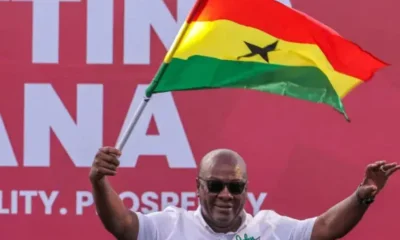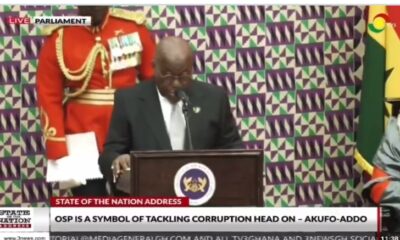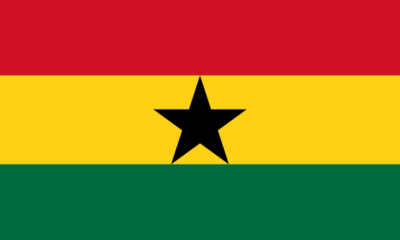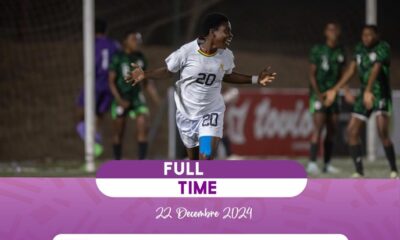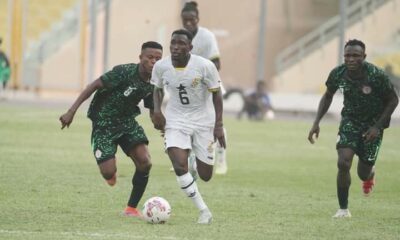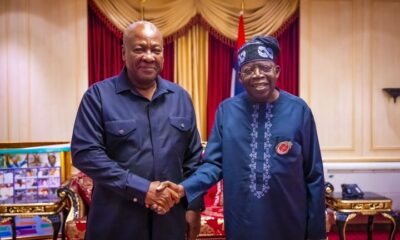Uncategorized
Ghanaians head to polls amid economic challenges, political tension
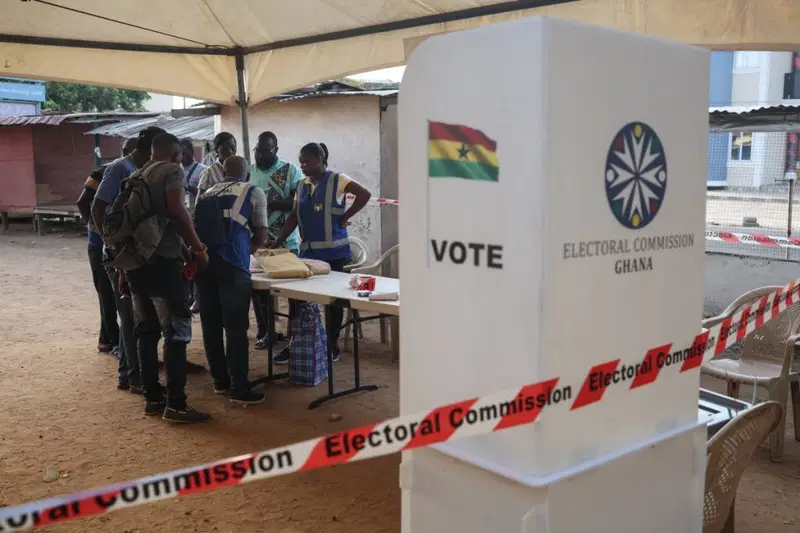
Ghanaians cast their votes on Saturday in a tightly contested presidential election, with Vice President Mahamudu Bawumia and opposition leader John Mahama emerging as the main contenders.
The election has been marked by economic struggles, as the West African nation grapples with a debt default, soaring inflation, and a $3 billion IMF bailout.
This election will determine the successor to President Nana Akufo-Addo, who is stepping down after completing his constitutionally mandated two terms. Additionally, voters will elect members of Ghana’s new parliament. Polls opened at 7:00 AM GMT and will close at 5:00 PM GMT, with early results expected by Sunday and final presidential results anticipated by Tuesday.
Many Ghanaians are voting with hopes of economic recovery. Retired policeman James Nsiah, speaking at a voting booth in Accra, expressed his desire for change, saying, “The economic situation is very hard. The cost of living is high.”
To safeguard the electoral process, the government temporarily closed all land borders from Friday night until Sunday.
A Historical Rivalry Between Two Major Parties
Ghana’s political stability is reflected in the alternating power between its two main parties, the ruling New Patriotic Party (NPP) and the opposition National Democratic Congress (NDC), since 1992. This time, the NPP aims to “Break the 8,” campaigning for an unprecedented third consecutive term with Vice President Bawumia as its candidate.
Bawumia, a UK-educated economist, has pledged to continue Akufo-Addo’s economic policies, emphasizing digitalization, free education, and healthcare reforms. He highlighted the progress made under his leadership, including a reduction in inflation from over 50% to 23%, and a stabilizing economy. “Give me the chance to transform this nation,” Bawumia urged supporters at his final rally in Accra.
However, his campaign has faced criticism tied to the economic challenges under Akufo-Addo’s administration, including job scarcity and a weakened cedi currency.
Opposition Promises of Economic Reform
Opposition candidate John Mahama, who previously served as president from 2012 to 2017, has promised to “reset” Ghana’s economy and introduce a “24-hour economy” to boost job creation and industrial productivity. He also plans to renegotiate parts of the IMF agreement.
While Mahama has gained support from those dissatisfied with the current economic situation, he faces skepticism due to his administration’s past financial struggles and power outages.
Key Issues Shaping the Election
Economic recovery remains the dominant issue, but other concerns, such as illegal gold mining and the threat of jihadist spillover from neighboring Niger and Burkina Faso, have also influenced voters. Illegal mining, in particular, has devastated rivers and cacao farmlands, which are vital to Ghana’s economy.
Both major candidates hail from northern Ghana, a region traditionally supportive of the NDC but increasingly divided, making it a critical battleground in this election.
As Ghanaians await the results, the country’s history of peaceful elections offers hope for a smooth transition of power, despite the high stakes and pressing challenges ahead.


